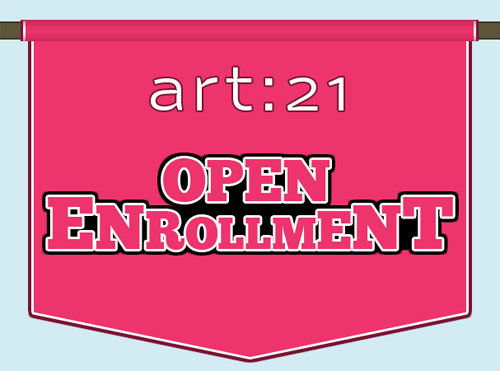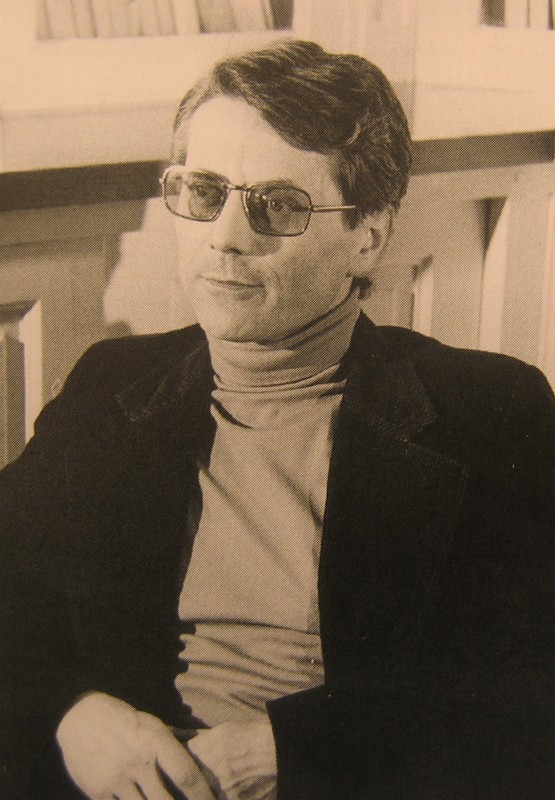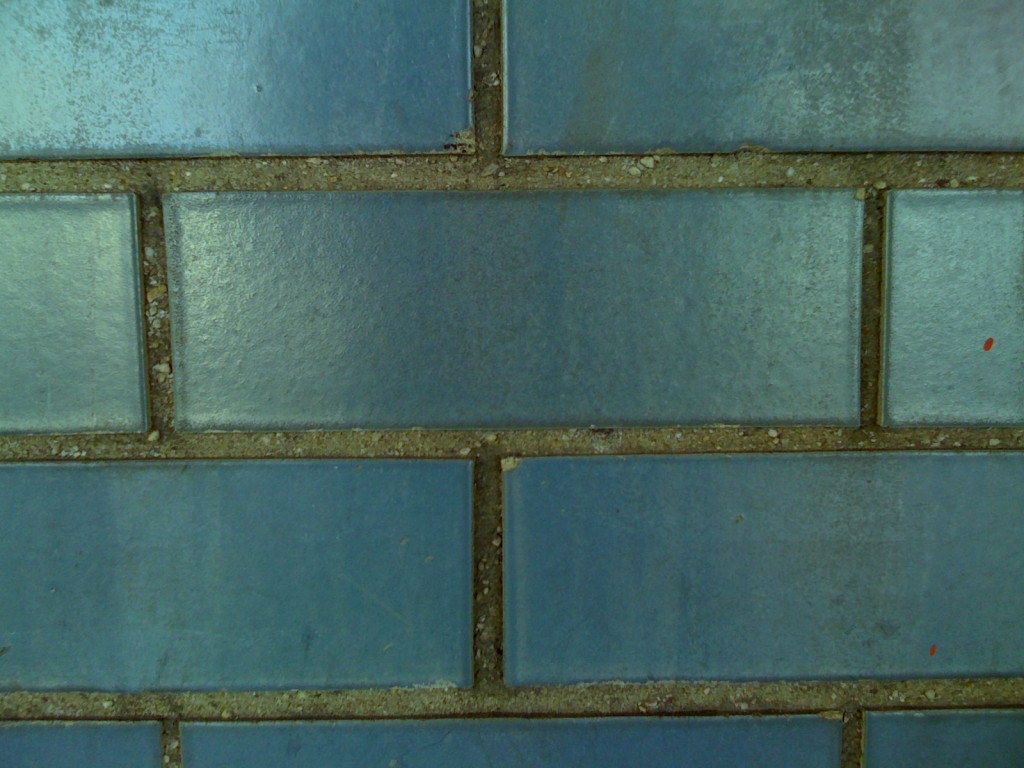Beginning with the writings of Michel de Certeau, over the past several months, I’ve thought a lot about the idea of meandering an institutional presence. That thinking bled into my musings on art school as well. What would it mean to think of art school as an institution to be navigated? How much of an institutional presence is art school to the practice of an artist? What impediments does it place for the artist to work around? What is the gravity that holds us so ubiquitously to it?
Art graduate school is now an institution in which we invest our selves. In an age where we are expected and needed to think on our own, most of us simply don’t. When there is the clear, if dispiriting, option of pursuing meaningful questions and experimentation with no one’s acknowledgment but our own and that of those close to us, instead we choose to surround ourselves with people ordained in one way or another by power structures larger than ourselves who have the authority to promote us in those same structures. We desire admittance into the hierarchy more than the freedom to operate without it. If we ask ourselves, ‘what is the point of an artist going to graduate school?’ we might also have to ask ourselves, ‘what level of independence do we expect of our artists?’
As an institution, art graduate school is no longer a choice. It is an authority to be dealt with. One must “opt out” of the normal educational conveyor belt at perceived risk of isolation, rather than make a deliberate choice to enter school. The question becomes not, ‘if school?’ but ‘which school?’ For a hopeful young artist, attendance seems necessary and nearly compulsory. As an institution, grad school requires developing artists to respond to its presence. And even if an artist does without it, the art community is so thoroughly built upon it, that one’s efforts will always be relative to it.
Once acknowledged as such, we are left with the question, ‘how do we as artists and current students now respond to the assumed authoritative educational structure? If it is unavoidably here and I am unable to get around it, what do I do with it?’ One response has been the Bruce High Quality Foundation, which decorates its CV with participation in the Whitney Biennial and Greater New York as validation of its quest “to foster an alternative to everything.” Curiously missing is the far less quixotic pedigree of money and reputation from the Cooper Union out of which Bruce was born, not to mention that the doggedly alternative collective’s path looks identical to most all other “success” hungry graduates. In this case, reinventing the wheel seems to have given us, well, another wheel.
Rather than create (deliberately or accidentally) an ironic, iconoclastic, DIY, mini-me institution, it may be useful for artists to take an outsider view of themselves in relation to their own education and from within their own education. That is, we should not write off the system or pretend we are not indelibly marked beneficiaries of its space and facilities, its community of peers, and place of intellectual dialogue. But instead we should meander the existing structure as it is, soaking up its benefits to use toward our own ends.
The challenge, of course, is to believe that a truly alternative narrative might exist. We might start with the most basic questions: what exactly are we hoping to get out of our education? What is an artist graduating from school capable of in the best case scenario? What can we do right now with what we have to make that happen? There are clear and useful reasons that we continue to gravitate to the current institution of graduate school. One doesn’t need to consider the institution of the MFA as either benevolent or else not engage it in order to maintain an outsider stance. One must understand that institution’s limit by nature. Artists should be able to decide the origin of their limitations for themselves. It is not necessary to start over completely, or pretend to, but to ask objectively from within the system: What is truly valuable and worth salvaging about this experience, and what must we find ways around?
Matthew Newton is an artist and attends Hunter College’s Studio Art MFA program in Manhattan. His work includes painting, photography, writing, video, sculpture, and installation. He lives in New York City with his wife and daughter.





